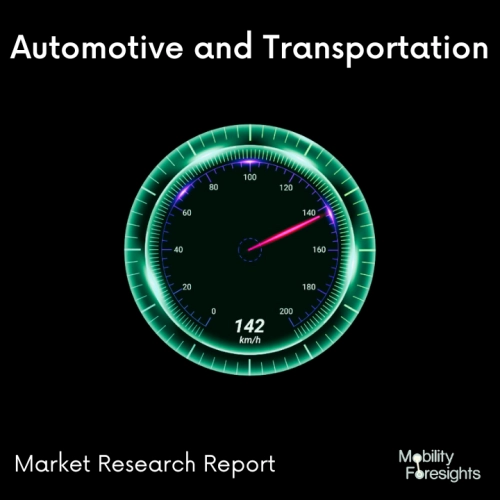
- Get in Touch with Us

Last Updated: Apr 25, 2025 | Study Period: 2024-2030
To combat the nation's ongoing fuel shortages and power outages, businesspeople in the Venezuelan city of Maracaibo have developed reasonably priced battery- and solar-powered vehicles that were adapted from golf carts and motivated by drag racing.
The designers are sure that, with a few adjustments, electric vehicles are the answerânot just for Venezuela, but for everyone.
Since electric vehicles are the way of the future for humanity, they must continue using them.

The Venezuela EV Charger Market accounted for $XX Billion in 2023 and is anticipated to reach $XX Billion by 2030, registering a CAGR of XX% from 2024 to 2030.
Two entrepreneurs are working to promote a new trend in Maracaibo, a once-wealthy oil city in Venezuela. The trend involves small electric and solar-powered automobiles, which provide an option for those who are tired of frequent fuel shortages and long queues at the gas station.
Older golf carts with stronger batteries seEVed as the foundation for the two automobiles. These electric motors are the way of the future because they don't emit any pollution, noise, or vibration.
The tiny cars have a four-person capacity and have a range of 25 to 40 kilometres on a single charge.
Through an electric charging point, the batteries can be recharged with the solar panels in 10 hours or less. The benefit of solar charging is that the car is constantly charging so long as there is sunlight.
They must take advantage of the sun, which is free. The two inventors, who self-funded their projects, are aiming to collaborate to create a hybrid electric vehicle (EV) and eventually achieve national production, a lofty goal in a nation that was once one of the top oil producers in the world.
| Sl no | Topic |
| 1 | Market Segmentation |
| 2 | Scope of the report |
| 3 | Abbreviations |
| 4 | Research Methodology |
| 5 | Executive Summary |
| 6 | Introduction |
| 7 | Insights from Industry stakeholders |
| 8 | Cost breakdown of Product by sub-components and average profit margin |
| 9 | Disruptive innovation in the Industry |
| 10 | Technology trends in the Industry |
| 11 | Consumer trends in the industry |
| 12 | Recent Production Milestones |
| 13 | Component Manufacturing in US, EU and China |
| 14 | COVID-19 impact on overall market |
| 15 | COVID-19 impact on Production of components |
| 16 | COVID-19 impact on Point of sale |
| 17 | Market Segmentation, Dynamics and Forecast by Geography, 2024-2030 |
| 18 | Market Segmentation, Dynamics and Forecast by Product Type, 2024-2030 |
| 19 | Market Segmentation, Dynamics and Forecast by Application, 2024-2030 |
| 20 | Market Segmentation, Dynamics and Forecast by End use, 2024-2030 |
| 21 | Product installation rate by OEM, 2023 |
| 22 | Incline/Decline in Average B-2-B selling price in past 5 years |
| 23 | Competition from substitute products |
| 24 | Gross margin and average profitability of suppliers |
| 25 | New product development in past 12 months |
| 26 | M&A in past 12 months |
| 27 | Growth strategy of leading players |
| 28 | Market share of vendors, 2023 |
| 29 | Company Profiles |
| 30 | Unmet needs and opportunity for new suppliers |
| 31 | Conclusion |
| 32 | Appendix |